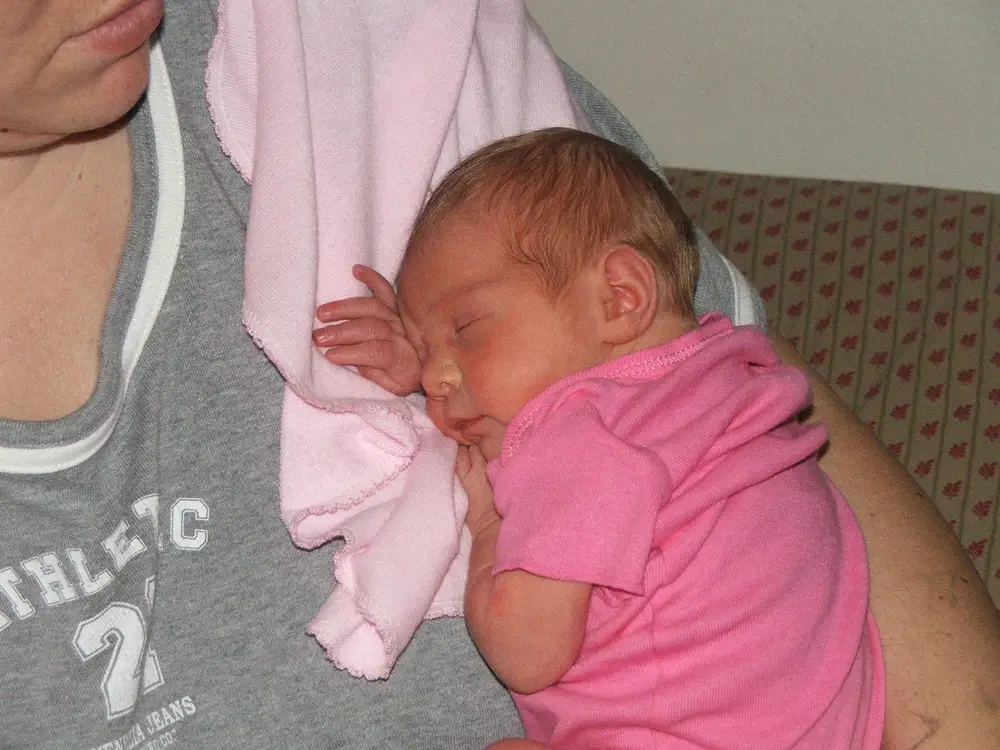
New moms at risk of experiencing “baby blues” after childbirth tend to display a different pattern of brain activity compared to mothers who are not afflicted by the condition, according to new research published in PLOS One. The new findings indicate that mothers’ neural responsiveness to their infants’ emotional expressions is associated with the development of postpartum depression and anxiety.
Previous brain imaging research has suggested that postpartum depression and anxiety are distinct from other mood disorders, such as major depressive disorder, but there is still much to learn about the underlying neurobiology of the conditions.
“As mammals that invest a lot of time and energy raising our young, our brains have evolved some very intricate machinery to make sure we’re able to recognize and respond to a baby’s needs as well as have the motivation to engage in those caregiving behaviors even when it comes at a cost,” said study author Megan Finnegan, graduate student and a member of the PRISM Lab at the University of Illinois at Urbana-Champaign.
Keep reading article in PsyPost
Read Journal Article: "Mothers’ neural response to valenced infant interactions predicts postpartum depression and anxiety," PLOS ONE, Megan Finnegan(1), Stephanie Kane, Wendy Heller(1), & Heidemarie Laurent(1)
(1) - Member of the Neuroscience Program at the University of Illinois Urbana-Champaign